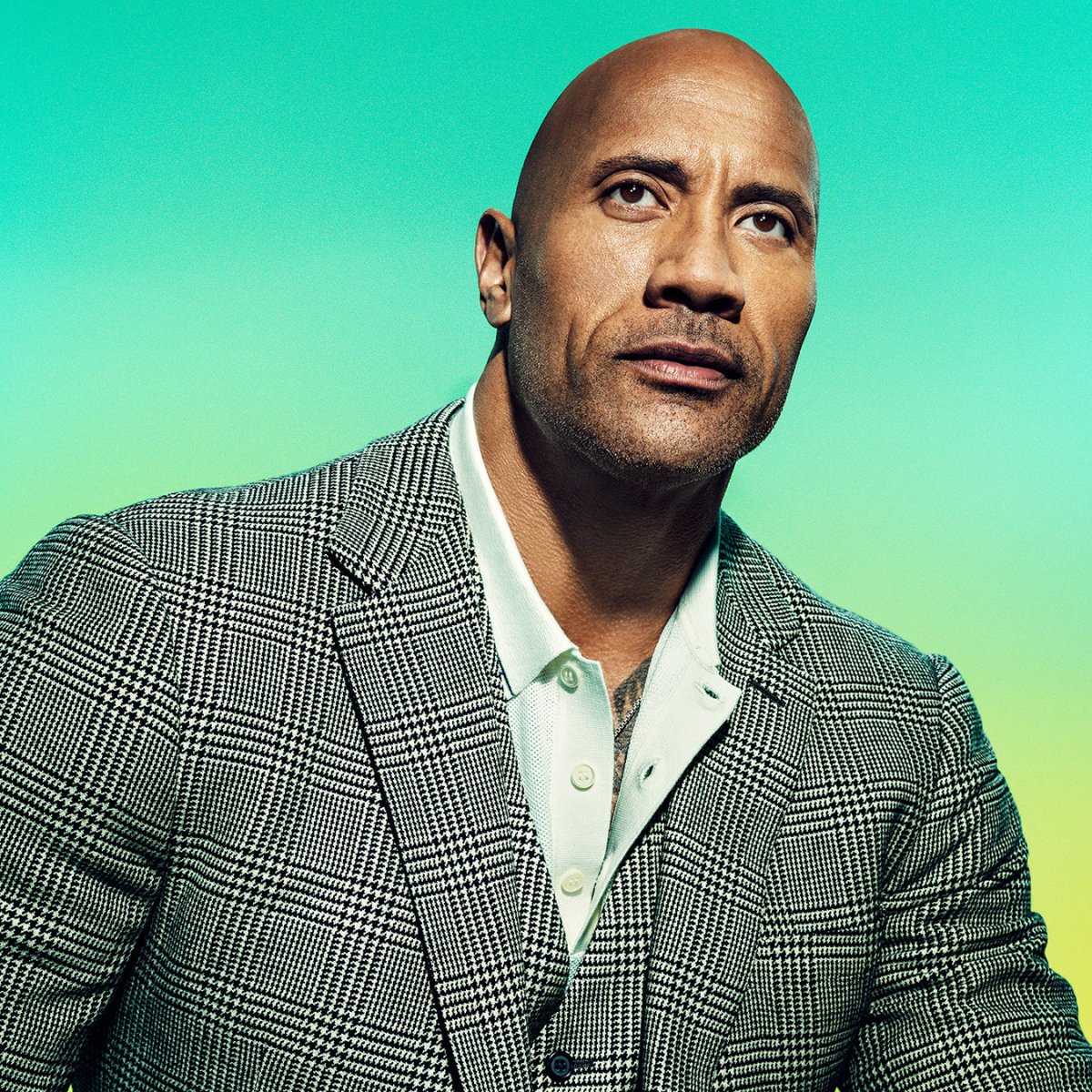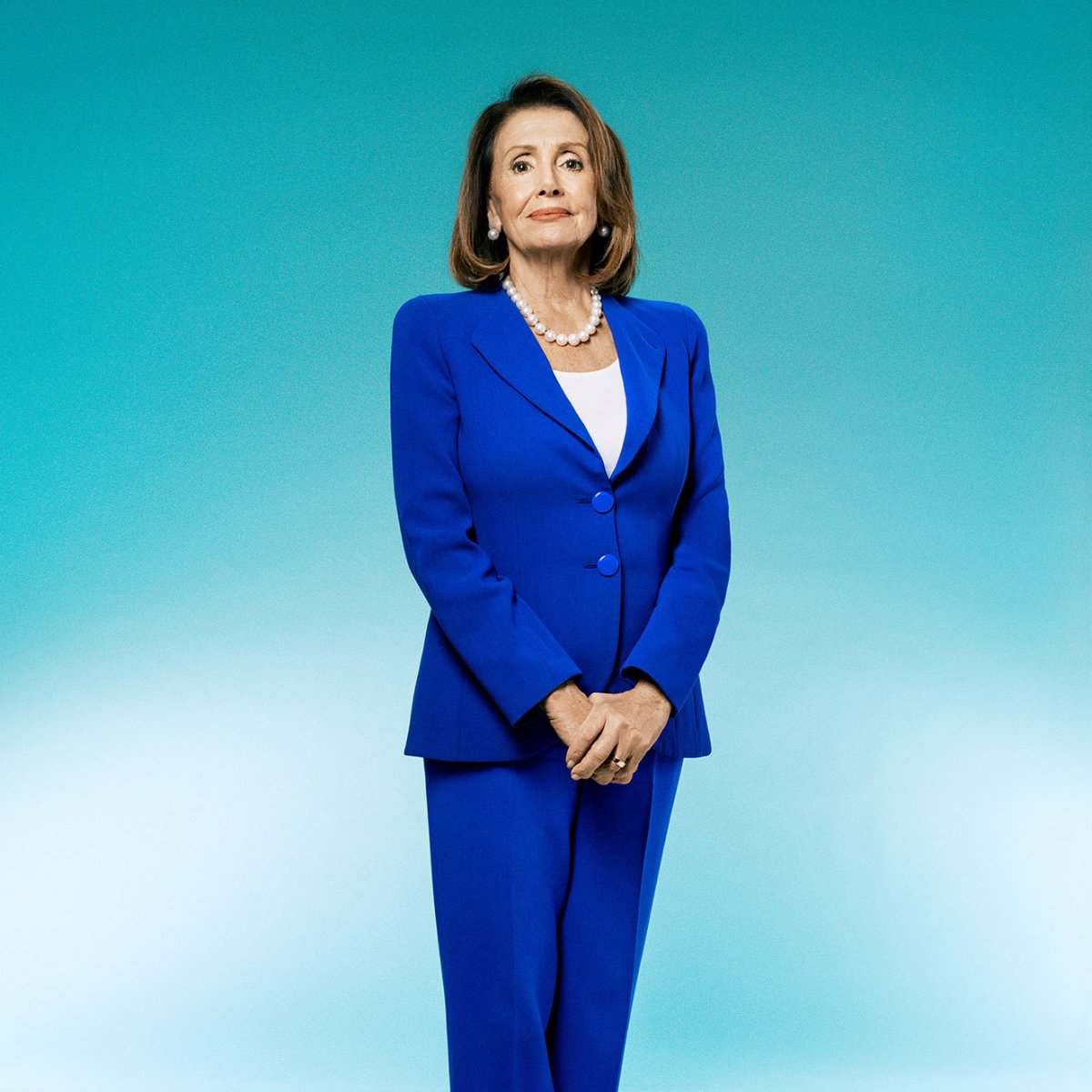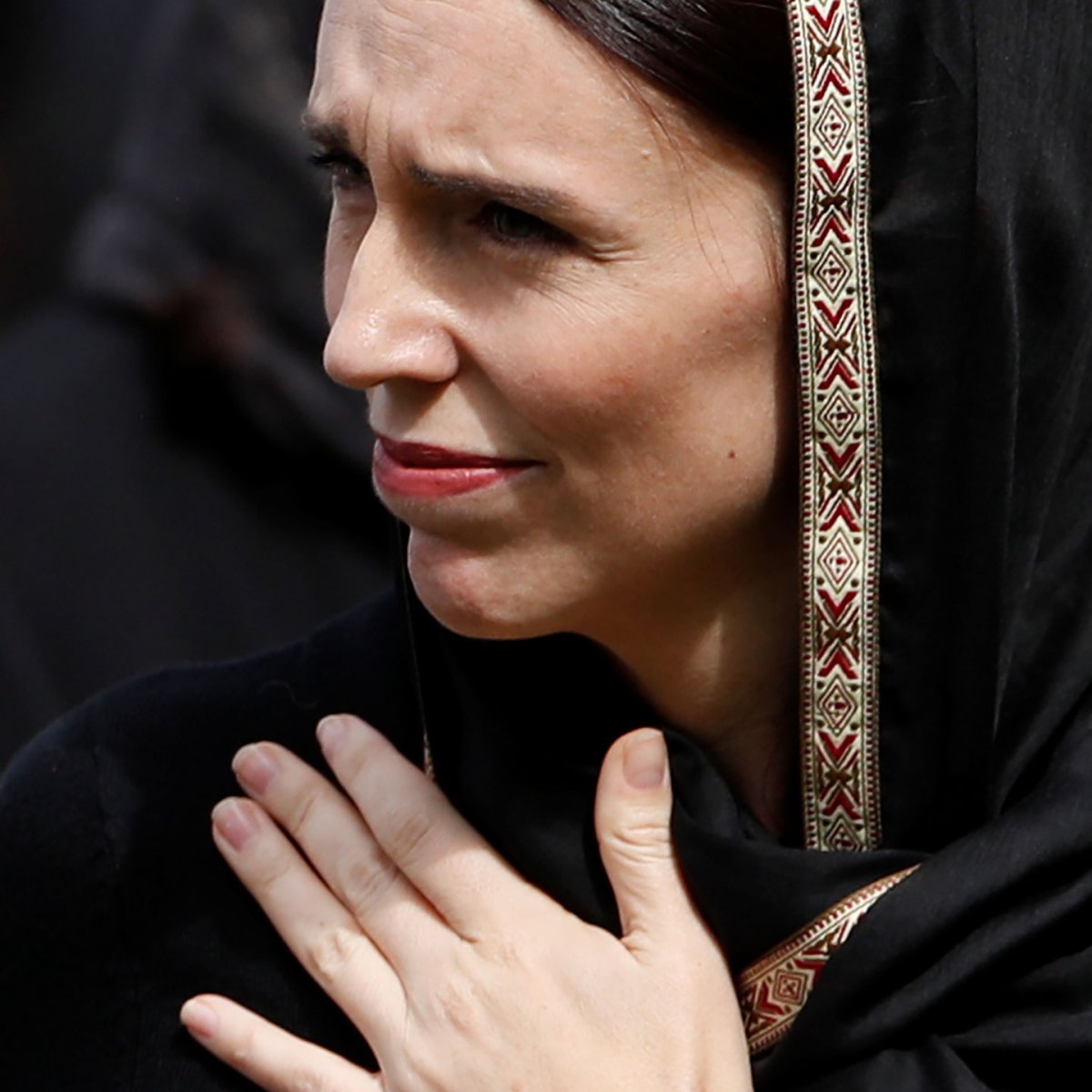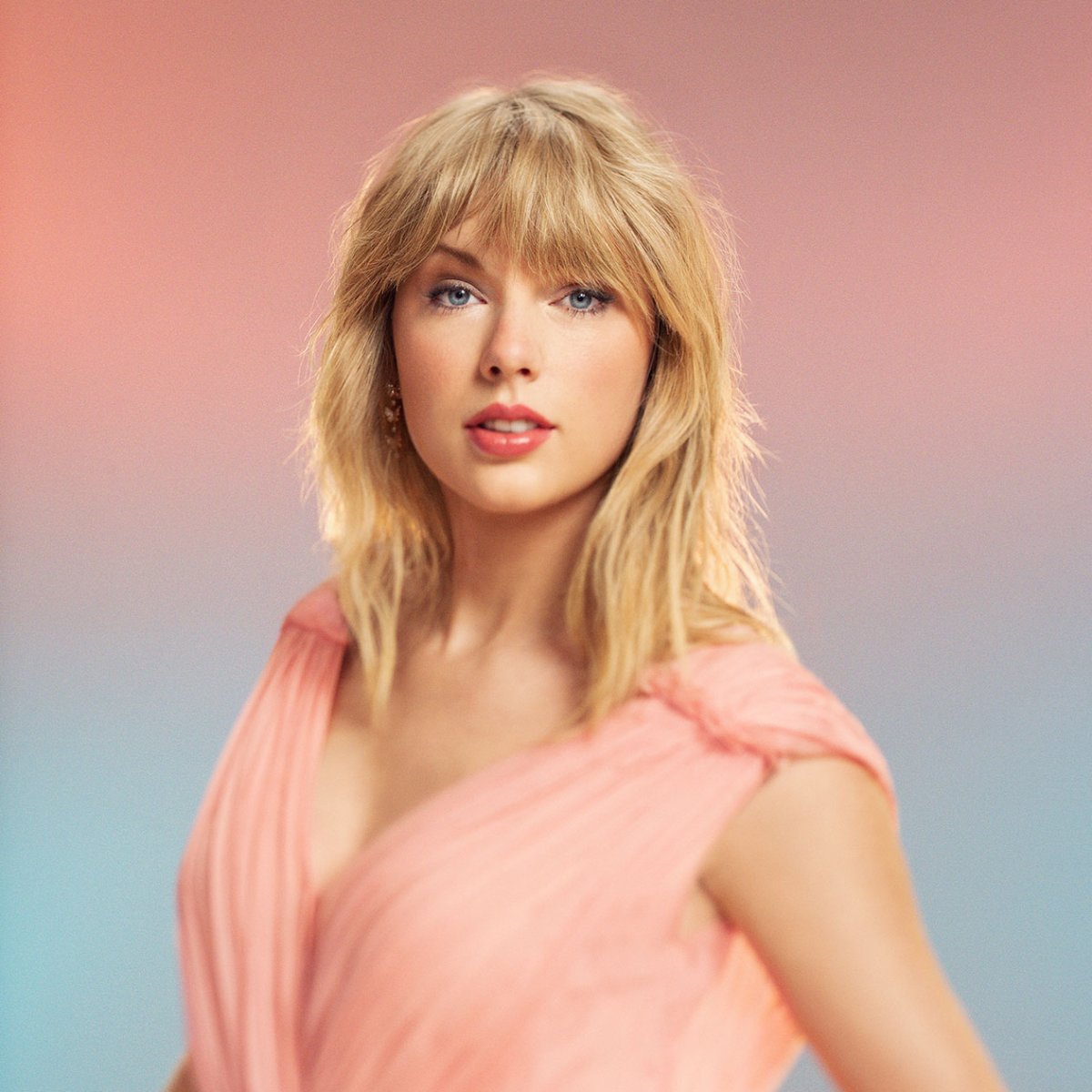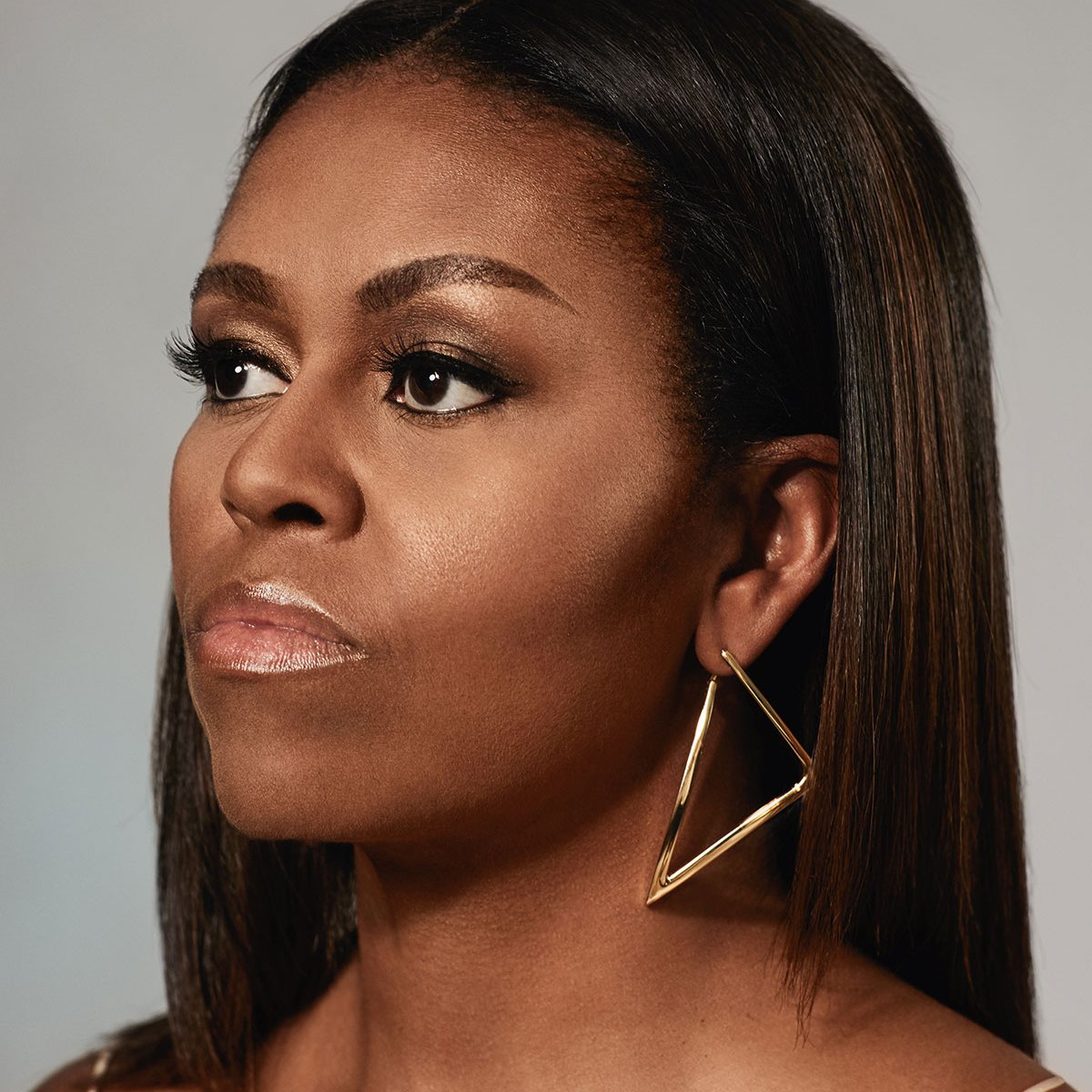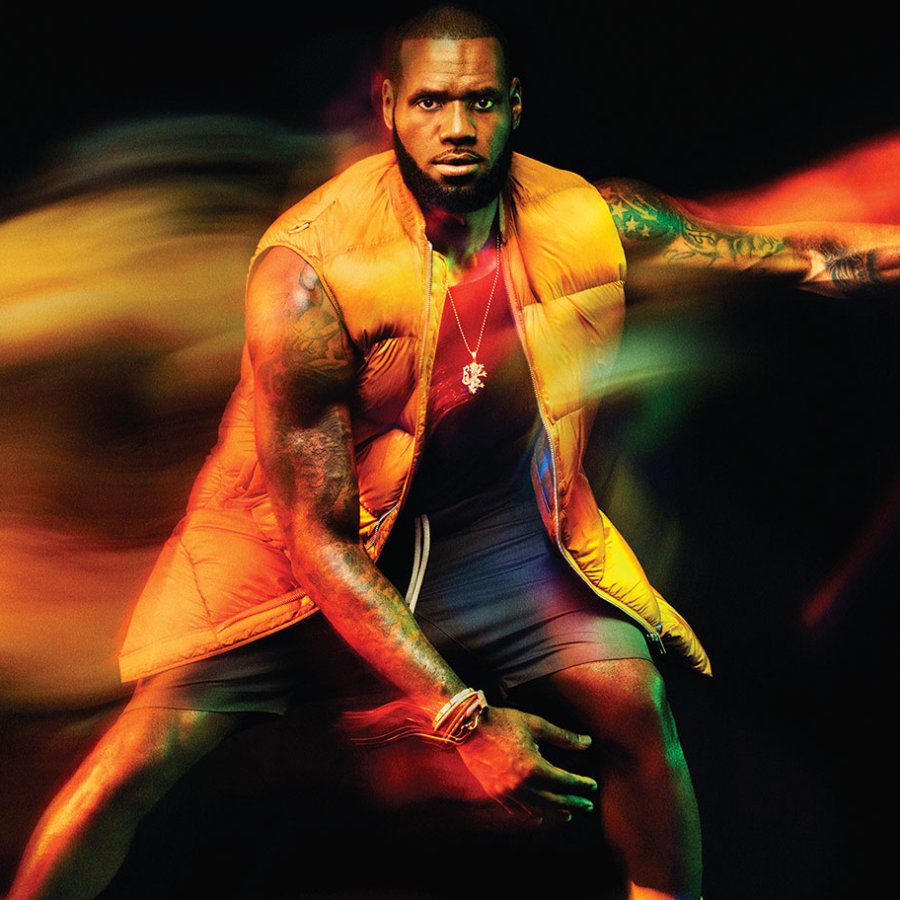Most Influential People2019
- Sandra OhBy Shonda Rhimes
- Indya MooreBy Janet Mock
- Marlon JamesBy Salman Rushdie
- Chrissy TeigenBy Eric Ripert
- Massimo BotturaBy JR
- Hasan MinhajBy Trevor Noah
- Samin NosratBy Alice Waters
- NinjaBy JuJu Smith-Schuster
- Arundhati Katju and Menaka GuruswamyBy Priyanka Chopra
- Naomi OsakaBy Chris Evert
- Leah Greenberg and Ezra LevinBy Ayanna Pressley
- Fred SwanikerBy Mo Ibrahim
- Lynn NottageBy Martha Plimpton
- Tara WestoverBy Bill Gates
- Adam Bowen and James MonseesBy Tom Miller
- Barbara Rae-VenterBy Paul Holes
- He JiankuiBy Jennifer Doudna
- Aileen LeeBy Kirsten Green
- Jay O'Neal and Emily ComerBy Dolores Huerta
- Shep DoelemanBy Lisa Randall
- Jane WalkerBy Pam Elam
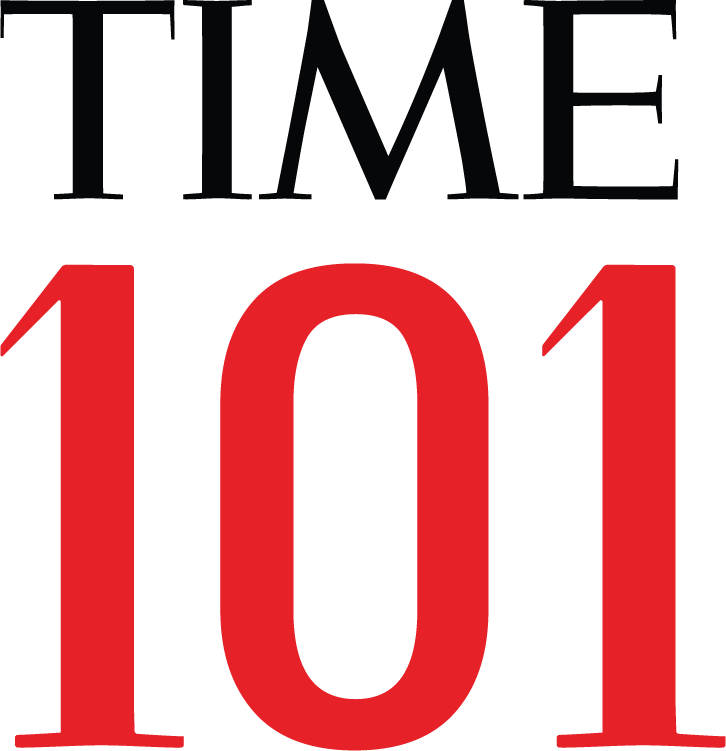 IN PARTNERSHIP WITHJANE WALKER BY JOHNNIE WALKER
IN PARTNERSHIP WITHJANE WALKER BY JOHNNIE WALKER
- Dwayne JohnsonBy Gal Gadot
- Regina KingBy Viola Davis
- KhalidBy Alicia Keys
- Emilia ClarkeBy Emma Thompson
- BTSBy Halsey
- Brie LarsonBy Tessa Thompson
- Joanna and Chip GainesBy Tim Tebow
- Ariana GrandeBy Troye Sivan
- Mahershala AliBy Octavia Spencer
- Glenn CloseBy Robert Redford
- Rami MalekBy Robert Downey Jr.
- Luchita HurtadoBy Hans Ulrich Obrist
- OzunaBy Daddy Yankee
- dream hamptonBy Tarana Burke
- Richard MaddenBy Kenneth Branagh
- Yalitza AparicioBy Alfonso Cuarón
- Clare Waight KellerBy Julianne Moore
- Nancy PelosiBy Hillary Rodham Clinton
- Donald TrumpBy Chris Christie
- Greta ThunbergBy Emma González
- Andrés Manuel López ObradorBy Jorge Ramos
- Alexandria Ocasio-CortezBy Elizabeth Warren
- Jacinda ArdernBy Sadiq Khan
- Juan GuaidóBy Juan Manuel Santos
- Abiy AhmedBy Feyisa Lilesa
- Mitch McConnellBy John Boehner
- Brett KavanaughBy Mitch McConnell
- Jane GoodallBy Leonardo DiCaprio
- Benjamin NetanyahuBy David French
- Zhang YimingBy Kai-Fu Lee
- Hoesung LeeBy Ban Ki-moon
- William BarrBy Rod Rosenstein
- Pope FrancisBy Archbishop Charles J. Scicluna
- Xi JinpingBy Jon Huntsman
- Leana WenBy Cynthia Nixon
- Imran KhanBy Ahmed Rashid
- Crown Prince Mohamed bin ZayedBy Ryan Bohl
- Cyril RamaphosaBy Vivienne Walt
- Robert MuellerBy Sally Yates
- Mahathir MohamadBy Clare Rewcastle Brown
- Matteo SalviniBy Steve Bannon
- Jair BolsonaroBy Ian Bremmer
- Zhang KejianBy Scott Kelly
- Taylor SwiftBy Shawn Mendes
- Michelle ObamaBy Beyoncé Knowles-Carter
- Spike LeeBy Jordan Peele
- Christine Blasey FordBy Kamala Harris
- David HockneyBy Edwin Becker
- Desmond MeadeBy Stacey Abrams
- Lady GagaBy Celine Dion
- Radhya AlmutawakelBy Bernie Sanders
- Pierpaolo PiccioliBy Frances McDormand
- Maria RessaBy Madeleine Albright
- Caster SemenyaBy Edwin Moses
- Mirian G.By Kumail Nanjiani
- Grainne Griffin, Ailbhe Smyth and Orla O'ConnorBy Ruth Negga
- Loujain al-HathloulBy Sarah Leah Whitson
- Mohamed SalahBy John Oliver
- LeBron JamesBy Warren Buffett
- Jennifer HymanBy Diane von Furstenberg
- Gayle KingBy Ava DuVernay
- Mark ZuckerbergBy Sean Parker
- Tiger WoodsBy Justin Timberlake
- Jeanne GangBy Anna Deavere Smith
- Bob IgerBy Michael R. Bloomberg
- Pat McGrathBy Beverly Johnson
- Alex MorganBy Mia Hamm
- Vera JourovaBy Margrethe Vestager
- Ryan MurphyBy Jessica Lange
- Mukesh AmbaniBy Anand Mahindra
- Ren ZhengfeiBy Charlie Campbell
- Marillyn HewsonBy Penny Pritzker
- Jerome PowellBy Janet Yellen
Mark Zuckerberg
By Sean Parker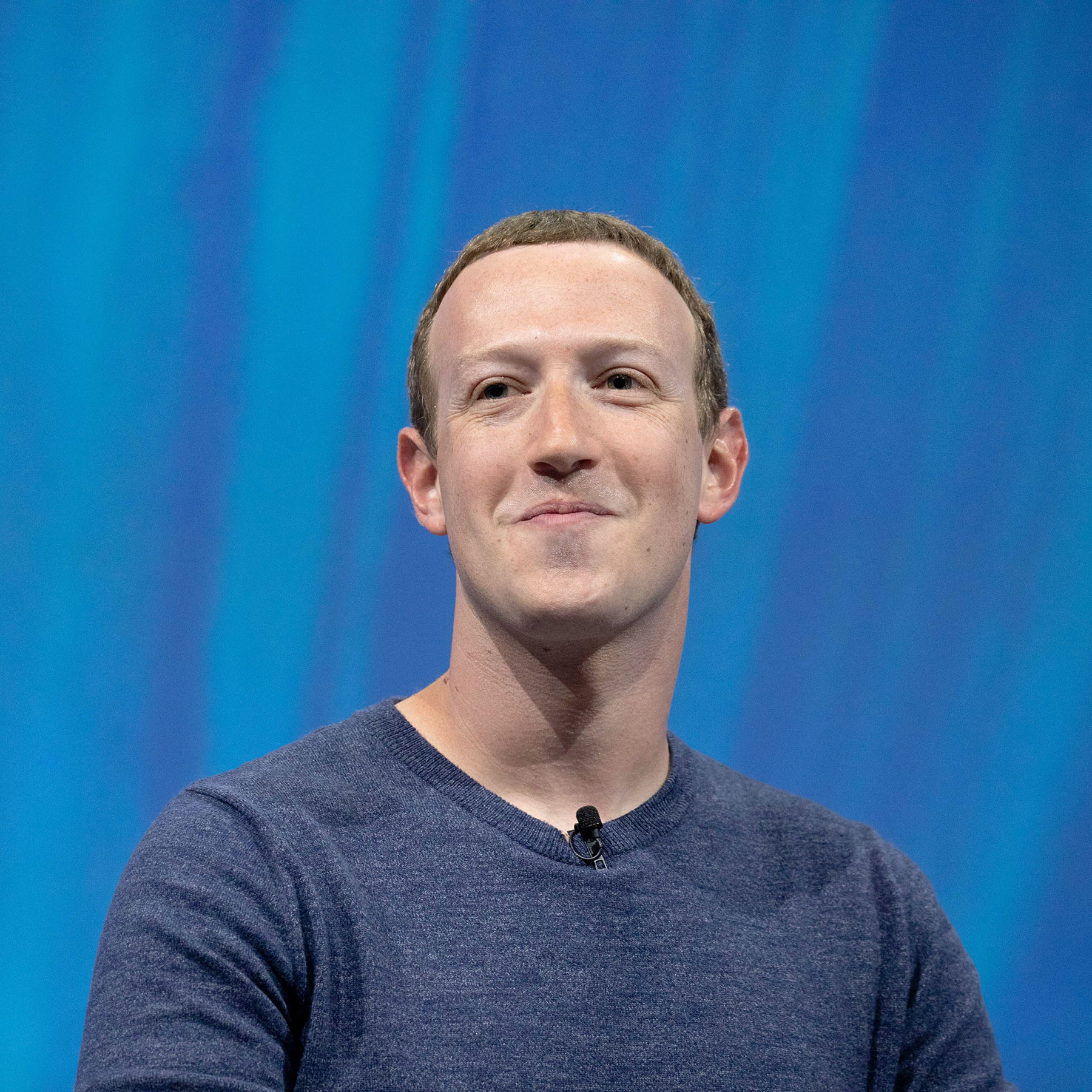
There was a word I remember from my first conversation with Mark Zuckerberg, over dinner in 2004. He used it to measure everything he did—from adding a feature to Facebook, to hiring, to eventually buying a company like Instagram. He called it increasing “goodness”—a notion that Facebook should, as John Stuart Mill believed, endeavor to do the greatest good for the greatest number.
Mark may have changed the world more than any living person, so it’s surprising how little success has changed him. He is still the slightly shy, affable person I met 15 years ago. He can still quote his favorite movies by heart, and he lives in a modest house in Palo Alto, Calif. It’s clearly not power or money that has kept him going—it’s a genuine belief in the potential of Facebook and a sense of responsibility to steward the company in what he believes is the right direction.
For many of us, the world that Facebook helped create was the ultimate lesson in unintended consequences. Nobody could have predicted the impact that it would have when billions of people began using it, especially once they had a connected device within reach at all times. I have become a critic of social media, largely because of the way it leverages individual psychology to rewire social dynamics, replacing a small number of strong interpersonal bonds with a larger number of weaker social connections.
Faced with tensions between the company’s idealistic belief in impartiality and “openness” and the realities of managing this global platform (public scrutiny, accusations of privacy abuses and government investigations), Mark will need to make hard choices. My hope is that he remains true to the ideals upon which the company was founded—choosing to promote universal values like decency over sensationalism, intimacy over social status, and human dignity over tribalism—or in Zuckspeak, simply: “goodness.”
Parker is an entrepreneur and was the founding president of Facebook
